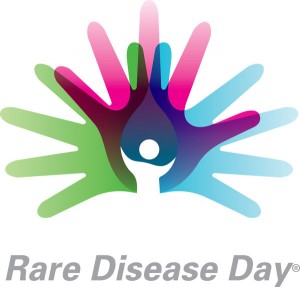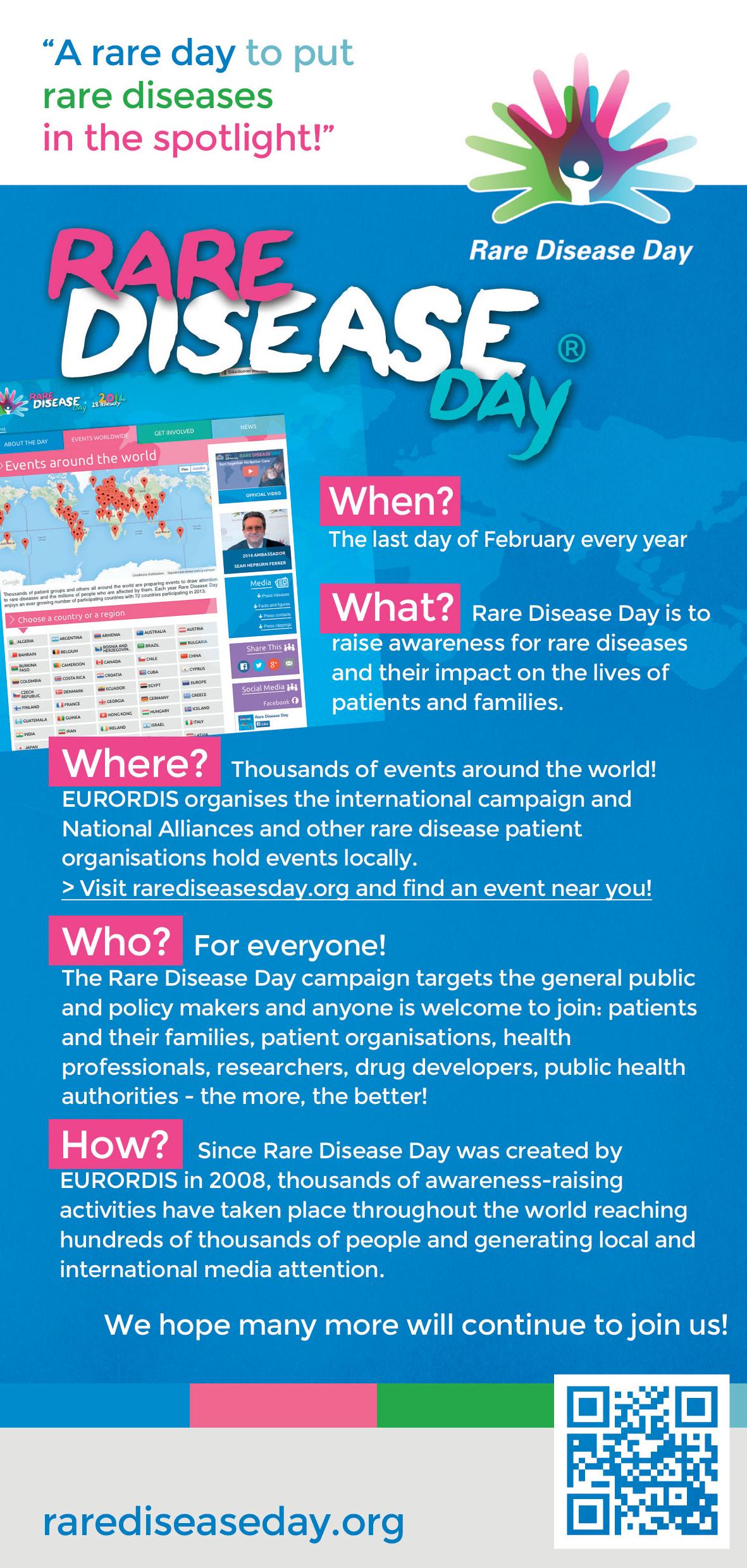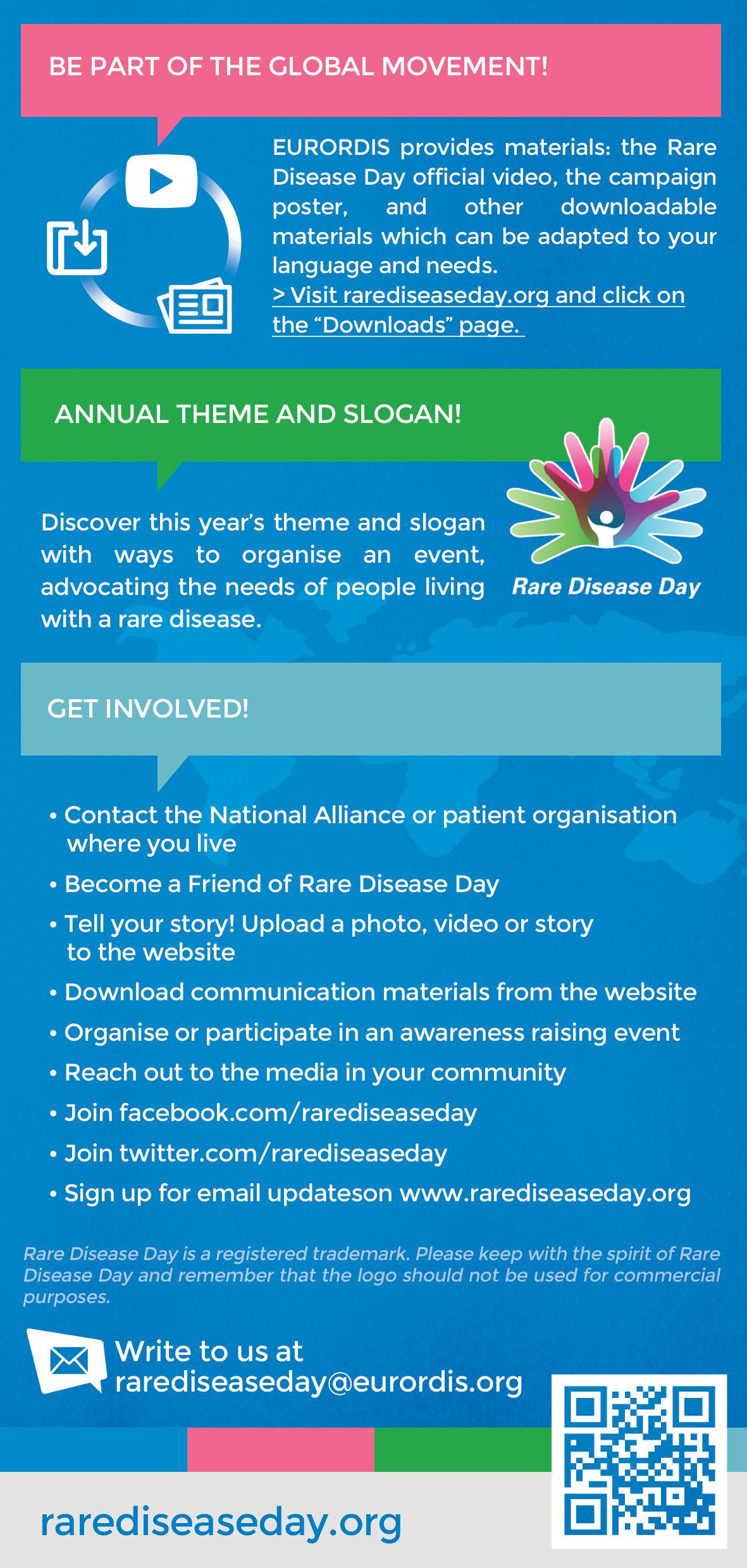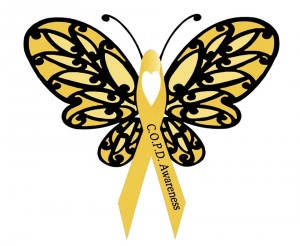28th of February this year sees Rare Disease Day 2015. As with previous years we are delighted to show our support for this important event.
Rare Disease Day is an annual awareness day dedicated to elevating public understanding of rare diseases and calling attention to the special challenges faced by patients and the community. You might be interested in a recent post on Huntington’s Disease we ran.
According to the National Institutes of Health (NIH), a disease is rare if it affects fewer than
200,000 people. Nearly 1 in 10 Americans live with a rare disease—affecting 30 million people—and two-thirds of these patients are children. There are more than 7,000 rare diseases and only approximately 450 FDA-approved medical treatments.
Rare Disease Day takes place every year on the last day of February (February 28 or February 29 in a leap year)—the rarest date on the calendar—to underscore the nature of rare diseases and what patients face. It was established in Europe in 2008 by EURORDIS, the organization representing rare disease patients in Europe, and is now observed in more than 80 nations. Rare Disease Day is sponsored in the U.S. by the National Organization for Rare Disorders (NORD)®, a leading independent, non-profit organization committed to the identification, treatment, and cure of rare diseases.
For more information about Rare Disease Day in the U.S.,or global activities click the relevant links.
To show your support please feel free to share the brilliant infographic below.



